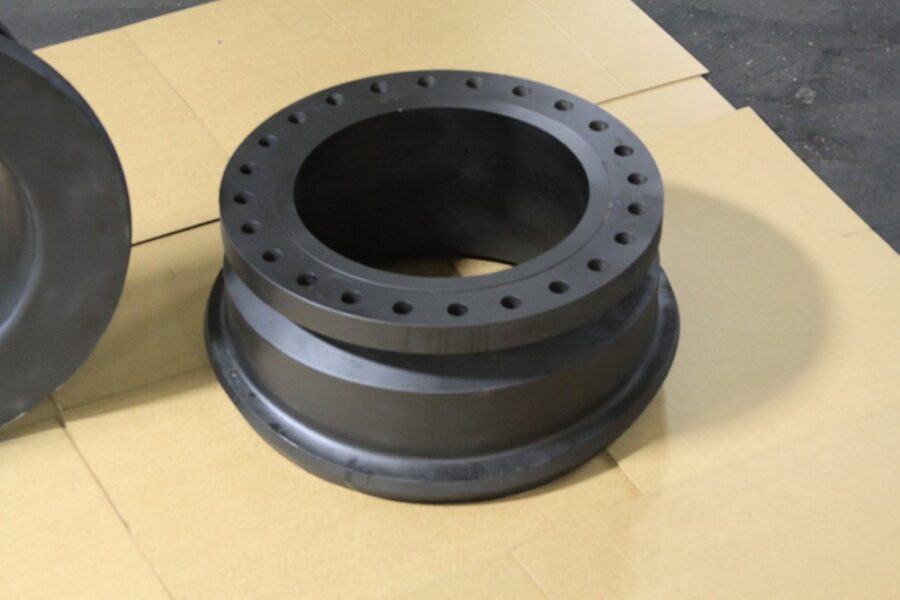
The Variety of Connecting and Sealing API Flanges
Flanges are additional parts, which can add strength, flexibility, sealing or some other functionality to something, like a pipeline. Blind flanges could be used to close a pipeline, just like a plug. The flange might have waterproof, dust-proof and anti-corrosion qualities to completely seal a pipe.
Connecting Flanges
There are many ways to connect flanges, including threading, welding or bolting. The threaded flange is best for low pressure or smaller pipelines because it can maintain its seal. When your pipeline is larger or high pressure, then the welded flange is preferable. A boiler room is one place where welded blind flanges might be used, due to the high pressure involved.
Flange Sealing Principles
There are many different types of flange sealing, including the flat face (FF), raised face (RF), rising joint face (RJ), male and female face (MFM) and the tongue and groove face (TG). Flange standards include HG20601-1997 and HG20622-1997 (Ministry of Chemical Industry) ANSI B16.5 (United States) and GB / T9123.1-2000-GB / T9123.4-2000 (China). The American National Standards Institute (ANSI) flange has led the oil and gas industry. As the API blind flange manufacturer has improved its designs, they have provided an alternative to ANSI flanges.
API Blind Flanges
Forged Components, an API blind flange manufacturer, is offering alternatives to the ANSI flange for the energy industry. If you have any more questions on these blind flanges, request a consultation with us at (281) 441-4088 or email sales@forgedcomponents.com
